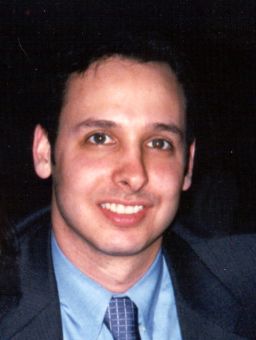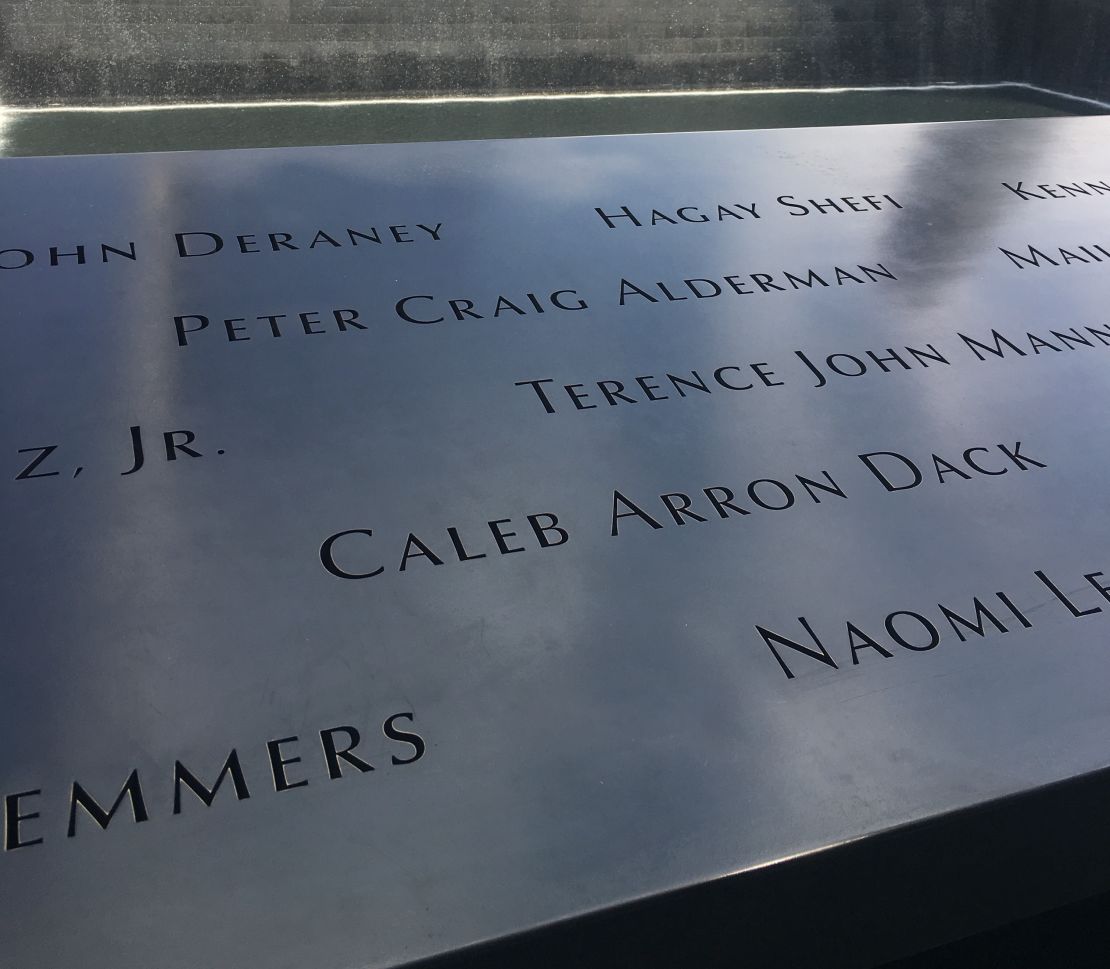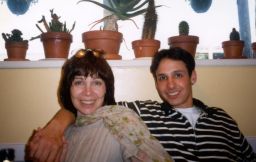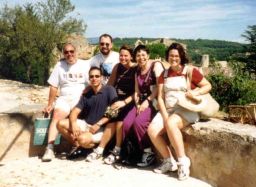Go inside the chaos and courage of the September 11, 2001, attacks in New York in “9/11: Fifteen Years Later,” airing Sunday, September 11, at 8 p.m. ET
Strange. Beautiful. Disconcerting.
For Liz and Steve Alderman, those were their first reactions when they walked into the 9/11 Memorial just days before the somber 15-year mark since the terror attack here.

Their son, Peter, was only 25 years old. On September 11, 2001, he was attending a conference at Windows on the World, a venue on the 107th floor of the World Trade Center’s north tower.
That morning he was murdered, along with 2,976 others in the attacks on New York City, Washington, and outside of Shanksville, Pennsylvania. The enormity of the horror is still hard for anyone to grasp. For Liz and Steve, their beloved child was ripped away from them in an instant. No one can know the pain of a parent who has lost a child if they haven’t lived that hell themselves.
“Peter’s not here,” Liz said as we sat together just a few hundred yards from where Peter’s name is etched into the 9/11 memorial.
“It is the scene of his death, and I don’t need to be here. I felt as long as I was here, I needed to go, to see and touch his name and that was extraordinarily upsetting. It was like, there it was written in stone.”

Finding purpose in loss
I can’t recall exactly how many years it has been since I met Liz and Steve Alderman.
They came into my life the way so many people do for us as journalists – they were the subject of a story I was working on to honor their son.
I remember Liz telling me, laughing, how Peter still sometimes listened to boy bands, but also shocked her one day when he brought home a CD of “Ave Maria.”
She remembered her vibrant son, bursting with energy.
What can the 9/11 children teach us?
As I thought this summer about the fact that this September would mark a staggering 15 years since this country was attacked on 9/11, I immediately thought of the Alderman family and their son. I thought of them not only because of their loss, but because of all they have done since that day.
We all wish, I think, that we would be able to find purpose in despair, meaning in loss. But the truth is, that is really, really hard. Loss is messy and complicated. Loss stays with you when the news cameras disappear and the headlines fade. But somehow, in the face of the most extraordinary loss, the Aldermans have found purpose helping so many others – all in their son’s name.
“This was done to leave a mark that Peter existed and that the world would be a better place because he lived,” Liz said about the work she and her husband Steve do through the foundation they set up in their son’s name.

They founded The Peter C. Alderman Foundation (PCAF) in 2002 with the mission of helping “one of the world’s most vulnerable populations recover from the emotional wounds of war,” with a focus on mental health rehabilitation for victims of terror and the trauma of war.
Liz and Steve have built the foundation into a $1.5 million-a-year organization operating in Cambodia, Uganda, Kenya and Burundi, and also working in refugee camps. To date, PCAF has treated more than 100,000 survivors of war, Liz said.
“It’s become something important and large and respected and that makes us feel really good,” Liz said. They’ve partnered with the World Health Organization, Johns Hopkins University and Columbia University, among others, she said. “You know, on one level, the impetus is emotional but on a second level and probably more important, these people need more than our good wishes,” Steve added.
“We needed to create our own memorial for Peter,” Liz said, citing the millions of people who have experienced torture, terrorism or mass violence and no longer lead functional lives. “… And if in Peter’s name we can return these people to life – there’s no better memorial.”
“The work we’re doing makes me mindful of Peter because that’s why we’re doing it,” said Steve.
They tell me about a particularly special child PCAF has helped. James, Liz said, was a former child soldier who had been kidnapped and taken from his family in Uganda. After years of being forced to commit horrific crimes, he escaped and went to a clinic.
Eventually, he began to recover, and today, Liz said, he’s married, has become a father, and is working.
“We hope we’re giving them their life back,” she said. “It’s almost like a physical need to do something positive. I never thought I would ever feel good about anything ever again after Peter was killed, and I feel good about the work that we’re doing.”
Steve agrees. “If you want to feel better, go help somebody … Help somebody. Just do it once and you’ll see, you’ll do it again. And you’ll feel better.”
Impact: How you can help 9/11 victims through service
‘You never get over it’
As Liz and Steve explained more about the work their foundation has done, the lives that have been transformed, all I could think about is how incredibly proud their son would have been to see them right now. Any child would be proud to see their parents do so much good amid so much grief.
“I want to leave a mark that Peter was here,” Liz told me. “I don’t care about leaving a mark (myself). My kids were my mark. Peter didn’t have the opportunity to make up his mind whether he wanted to do that and I wanted the world to be a better place because he lived.”
Before our conversation ended, Liz remembered what her son was like as a child. “Peter was one of these kids – even as a kid – who took the time to smell the flowers. He could appreciate a beautiful night sky. He stopped to see the beauty around him, and to take it in and absorb it,” she said with the smile only a very proud mother can wear.

“He meant an awful lot to a lot of people.”
In truth, Peter has meant a lot to me even though I never met him. His character lives on through his parents and the work they do to make this world just a bit better each day.
“You never get over it. You never, ever do. You learn to live with it. You learn to cope with it,” Liz said, her pain almost palpable. “The pain never goes away. You just learn to deal with it a little bit better.”
At the end of our time together, next to the haunting yet calming waters flowing in a never-ending waterfall at the 9/11 Memorial, I asked Steve and Liz – in a word – who their son Peter was.
“My child,” Liz told me, her eyes welling up with tears that she somehow, in the way only a beyond-brave mother can, managed to hold back.
“Light,” Steve told me of his beloved son. “Light.”

















